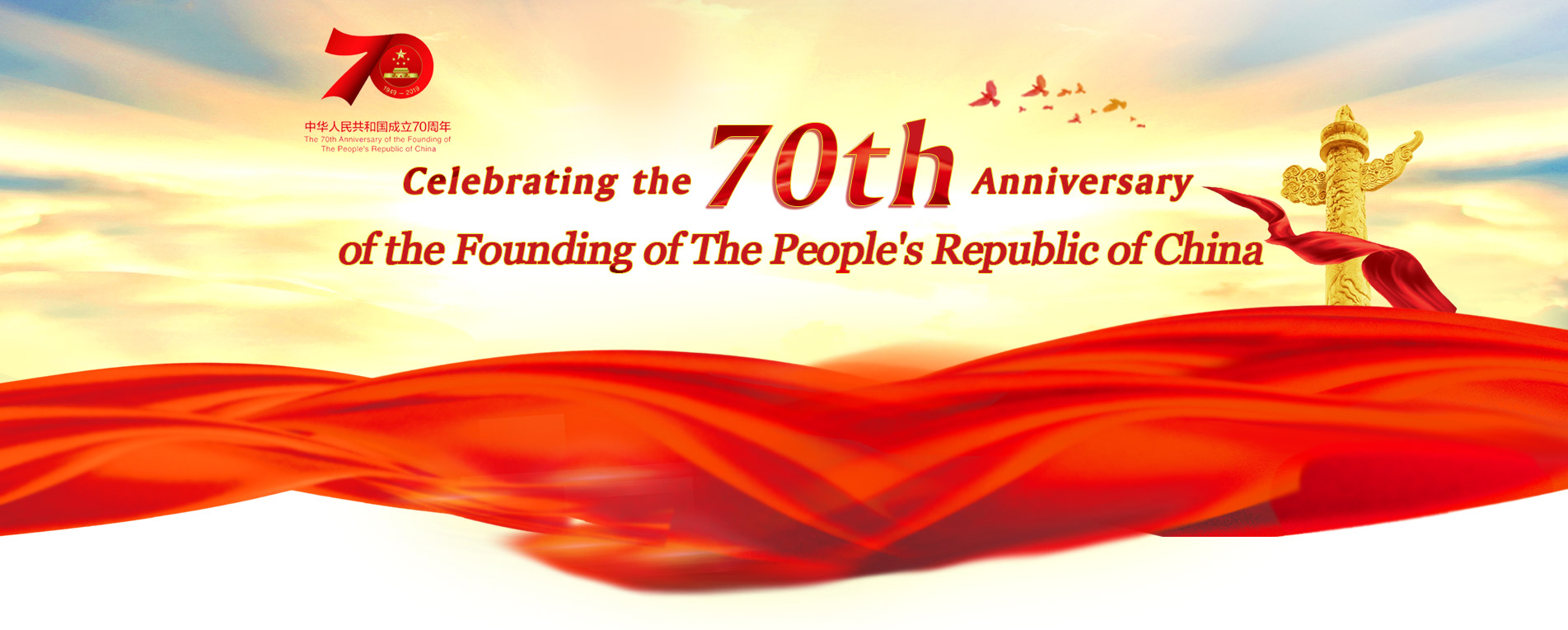Equality, Development and Sharing: Progress of Women's Cause in 70 Years Since New China's Founding
IV. Women's Political Status Has Grown Significantly
China attaches importance to ensuring women's equal political rights with men. Since the early years of New China, the state has drawn up and implemented laws to guarantee that women share equal rights with men to vote, to be elected, and to participate in the administration of State affairs. Over the past four decades since the reform and opening-up, steady progress has been made in enhancing China's socialist democracy, which has provided new opportunities and channels for women to participate in politics. Since the 18th CPC National Congress, as China pushes forward the modernization process of State management system and governance capacity, women's capabilities to participate in the management of state and social affairs have comprehensively improved, and women are playing a greater role in the democratic and political construction.
As the ruling party of China, the CPC has highly valued the training and selection of women cadre and the admission of women Party members. Since the 1990s, reports of every Party congress have made it clear that efforts be taken to train and select women officials. The report of the 19th CPC National Congress emphasized the coordination of the training and selection of women officials, ethnic-minority officials and non-Party officials. Concrete measures including holding special conferences, formulating policies and documents and defining goals and requirements are taken to help steadily strengthen the training and increase the number and proportion of women officials and Party members. The number of female officials at Party and government departments increased from 422,000 in the early 1980s to 1.906 million in 2017, accounting for 26.5% of the total officials. In 2017, women accounted for 52.4% of public servants newly-recruited by the central government organs and their affiliates, and the proportion was 44% among local governments. In 2018, women represented 22% of the leadership in national public institutions, 1.6 percentage points higher than in 2015. In 2018, women accounted for 27.2% of Party members, 16.7 percentage points higher than in 1956. The proportion of women representatives in Party congresses has gradually increased, with the number for the 19th CPC National Congress at 24.2%, 14.9 percentage points higher than in 1956 when the 8th CPC National Congress was held.
There are also higher ratios of women deputies in people's congresses and women members of the CPPCC. China has valued the role played by women in the people's congresses and the CPPCC. The election law includes explicit provisions on the proportion of women candidates to national and local people's congresses and requires gradual increase of the proportion. The Program for the Development of Chinese Women (2011-20) and National Human Rights Action Plan of China (2016-20) require the proportion of women delegates to the people's congresses and women members of CPPCC committees at all levels to be gradually increased. The ratio of women deputies to the 13th National People's Congress was 24.9%, 12.9 percentage points higher than in 1954 when the first National People' s Congress was held. The proportion of women members at the 13th CPPCC national committee was 20.4%, 14.3 percentage points higher than 1949 when the first CPPCC was held.
Please understand that womenofchina.cn,a non-profit, information-communication website, cannot reach every writer before using articles and images. For copyright issues, please contact us by emailing: website@womenofchina.cn. The articles published and opinions expressed on this website represent the opinions of writers and are not necessarily shared by womenofchina.cn.

 京公网安备 11010102004314号
京公网安备 11010102004314号